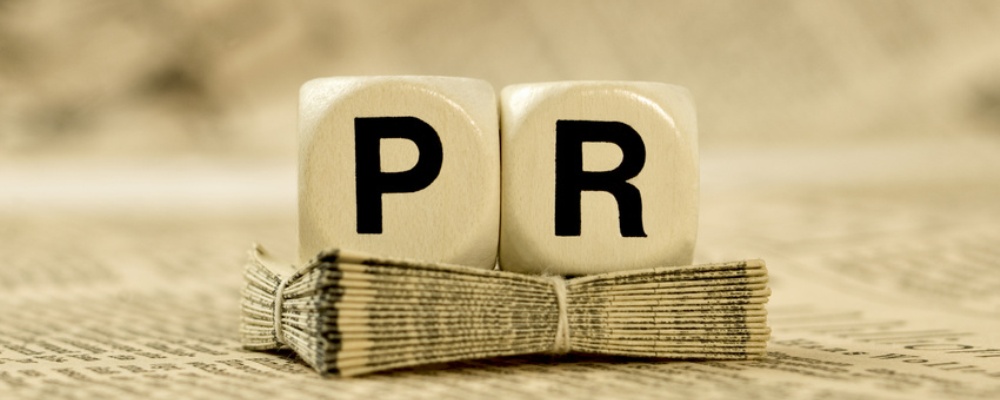Publishing

Publishing is a career that can have a major impact on culture. Publishing requires many qualities. Firstly, they should have the knowledge of an economist and the acumen of a business professional. But they also need creativity and insight to be successful.
Publishers take a book from its first draft to the final product that attracts your eye in the store. The process includes editing, organising the design, and promoting the book and author.
Not all publishers sell books that are written for the general public. Many Publishing houses specialise in works that are of interest to specific industries such as education and science.
Education
Most people working in the publishing industry are graduates in the areas of literature, communications, journalism or media studies. NUI Galway offers an MA in Literature & Publishing. This course offers graduates the opportunity to study a publishing-specific course at fourth-level. If the publishing company specialises in a certain area, such as agriculture, for instance, then they may seek candidates with qualifications in that area.
Options After Qualification
People who are in publishing usually work their way up from a junior position. A common route is for graduates to acquire their initial experience in a small publishing house, and spend time working in different roles as they make their way up the company ladder, learning about the industry.
The Work
Commissioning editors identify gaps in the current literary market – for example, for a cookery book – and keep this selling point in mind when reviewing manuscripts. They select manuscripts that are suitable for publication, and draw up contracts with authors. Maintaining a healthy relationship with successful authors and their literary agents is essential to a successful publishing house, much in the same way as a football team tries to keep a firm grip on their best players. Commissioning editors must also manage the finances of a project, including estimating the cost and viability of a print run.
Copy-editors are those who work with the author’s manuscript and help him/her achieve a polished final draft. Their work involves checking and correcting problems of style, consistency, factual accuracy, spelling and grammar. This is a quite painstaking process made necessary by the financial cost of discovering an error after the printing process has started.
Then you have the sales and marketing departments of a publishing company. These are equally as important as the editorial department. A good deal of enthusiasm for the book in question is required in order to awaken in interest in potential buyers, and the ability to write an enticing blurb (the text written across the back of the average novel, like ‘An engrossing thriller that will shake you to the core!’) will be valuable. In their dealings with booksellers, the marketing department are also an important source of feedback from the reading public for the commissioning editor.
Other really important publishing roles include those in the production and design departments. The typography, artwork, and general appearance of a book are central to its marketability. Personal
Qualities & Work Environment
The actual size of the publishing company has a major effect on the roles available. Large conglomerates such as Random House (now even more powerful since merging with Penguin) would have various departments such as marketing; yet in smaller firms an employee may be expected to take on diverging roles.
A love of books is valuable, but not essential. An eye for business trends and current market trends will prove more beneficial than a reading hobby. Attention to detail and communicative skills are also desirable traits for a publisher to have.
The Jargon
Advance: Money paid by a publisher to an author before the book goes on the market, in anticipation of sales.
Backlist: Previously published books. A publisher’s backlist is an important source of revenue as backlist sales are more predictable and dependable than new sales.
Final Draft: The last version of a manuscript, ready for the printing press.
Potboiler: A book of poor literary quality


Leave a comment